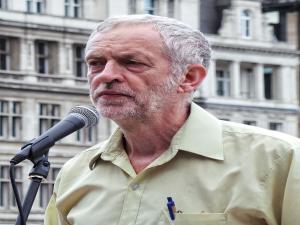
By Michael McHugh, Press Association
Gerry Adams has backed "outstanding" Jeremy Corbyn to become prime minister at the next general election.
The Sinn Fein president steps down next weekend after 50 years in politics when a special party conference, or ard fheis, ratifies his successor, Mary Lou McDonald.
The Labour leader has said he wanted the Troubles bombings and shootings to stop, but refused to single out the IRA for condemnation.
Mr Adams told BBC One's The Andrew Marr show: "I would like to see Jeremy in that position (PM) for the benefit of people in Britain, leaving Ireland out of it.
"I think Jeremy is an outstanding politician and I hope my endorsement of him is not used against him in the time ahead.
He and (former London Mayor) Ken Livingstone and others kept faith and they were the people who said, when others said no, talk.
"They were the people who were open to conversation about how to deal with conflict and how to get conflict resolution processes."
Mr Corbyn and shadow chancellor John McDonnell have faced scrutiny over their association with Irish republicans.
Before the IRA ceasefire, they controversially met Sinn Fein a number of times in Westminster during the 1990s.
During a wide-ranging interview, Mr Adams reiterated his position that Northern Ireland should enjoy special status within the EU after Brexit.
He said former prime minister Tony Blair enjoyed an "opportunity on a plate" in his handling of the Northern Ireland peace process, which produced the 1998 Good Friday Agreement and largely ended decades of violence.
Mr Adams, who represents the border county of Louth in the Irish Dail parliament, said he told Mr Blair not to invade Iraq in 2003.
"We said to him, look at the Irish experience, don't go in there."
He said nobody could stand over the killing of children or civilians during the IRA's campaign, but it was different if it was "soldiers versus soldiers".
The outgoing political leader, who for decades defended republican violence but was instrumental in its cessation, reflected on the "awfulness and horror of war".
He said: "I would wish that no one had been killed or injured in the course of the conflict.
"We were able to come to an alternative. When you come forward with an alternative sensible people will embrace that alternative."


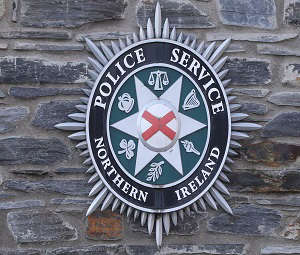 13 year boy dies following quad bike crash near Newry
13 year boy dies following quad bike crash near Newry
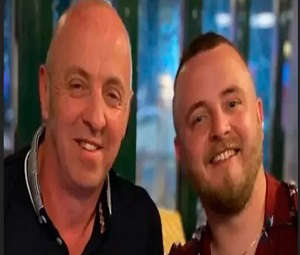 Man appears in court charged over head-on collision which killed father and son
Man appears in court charged over head-on collision which killed father and son
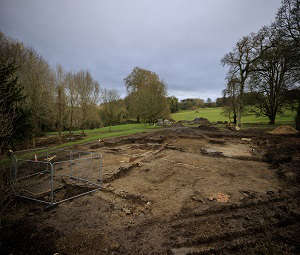 Remains of 300-year-old building complex unearthed by chance on country estate
Remains of 300-year-old building complex unearthed by chance on country estate
 Fresh Met Office warning for icy conditions across Northern Ireland
Fresh Met Office warning for icy conditions across Northern Ireland
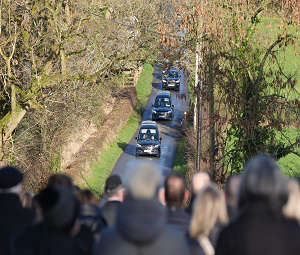 Community still in shock over deaths of father and son, funeral told
Community still in shock over deaths of father and son, funeral told